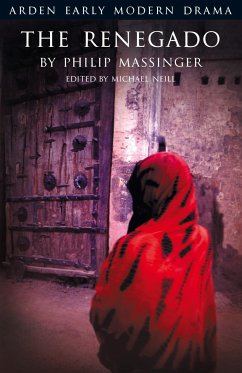This Jacobean tragic-comedy by Philip Massinger explores the cultural conflict between Christian Europe and Muslim North Africa experienced when the two began to travel and trade in the early modern period.
Hinweis: Dieser Artikel kann nur an eine deutsche Lieferadresse ausgeliefert werden.
Hinweis: Dieser Artikel kann nur an eine deutsche Lieferadresse ausgeliefert werden.








